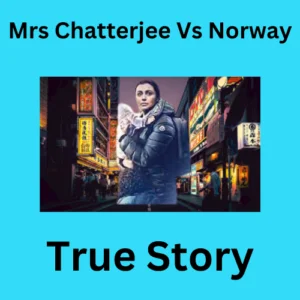Mrs Chatterjee Vs Norway, Story, Budget, Shooting Locations, Income, Running Strong
Mrs Chatterjee Vs Norway is a much awaited movie of Indian Film Star “Rani Mukherjee” which was released on 17th March’2023. This Indian Hindi-language legal drama film is written and directed by Ashima Chibber. It stars Rani Mukerji, Anirban Bhattacharya, Neena Gupta and Jim Sarbh in lead roles. Mrs Chatterjee Vs Norway The film is … Read more
